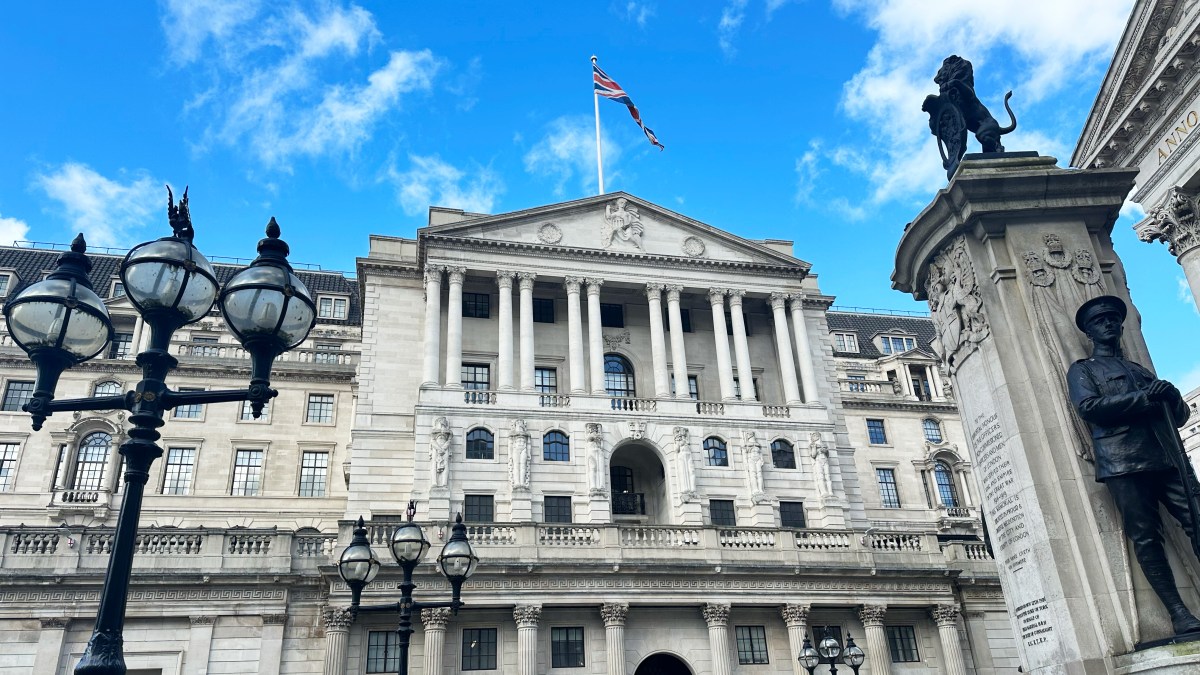UK government debt is more vulnerable to sudden sell-offs due to the higher presence of hedge funds and foreign creditors in the bond market, the International Monetary Fund has warned.
As part of its annual assessment of the UK economy, the IMF highlighted potential “vulnerabilities” in the gilts market, including the declining role of “patient” investors such as pension funds and insurers as holders of longer-dated bonds.
The IMF said hedge funds — which are highly leveraged speculative investors — account for nearly a third of all UK bond transactions, raising the risk of big swings in prices at times of market turmoil. When bond prices fall, due to selling, yields rise and this has a direct bearing on the government’s borrowing costs.
• EU markets rally as Trump backs away from tariff threats
Other factors like higher bond issuance this year as a result of increased government borrowing and the Bank of England’s continued selling of gilts back to the market since 2022 have changed the “supply and demand” dynamics for UK government debt, Luc Eyraud, the IMF’s mission chief to the UK, said.
The UK last suffered a bond panic in the aftermath of then prime minister Liz Truss’s mini-budget, when pension funds with liability-driven investment strategies were forced to dump holdings of 30-year gilts to raise emergency cash. The crisis was stemmed when the Bank stepped in to buy the assets.
Jitters have spread through global debt markets after President Trump threatened to impose punitive tariffs on China and the European Union. UK bond yields have been dragged higher by their US peers. The 30-year gilt yield has suffered the brunt of the sell-off, peaking at a 32-year high of 5.5 per cent.
The IMF said the gilt market had shown resilience and welcomed plans by the Debt Management Office to issue shorter-dated bonds as a way to prevent locking in higher market interest rates for decades. Jessica Pulay, head of the DMO, told the Financial Times the shift was the result of the “declining strength” of long-term investors like pension funds.
The Fund called on the Bank and the government to carry out “close monitoring as well as regular stress testing and engagement with market participants to detect and manage future risks”.
